Widespread flooding and the centrality of ‘community’ response
December 29, 2015
The scale of loss and destruction wrought by the recent flooding across the north of England has been sobering. Communities in Cumbria, Lancashire, Greater Manchester and Yorkshire have all been, and continue to be affected. Amid threats of renewed floods with the imminent passage of ‘Storm Frank’- headline news at the time of writing- weather …
Cherry Blossom and Daffodils: Mild Decembers in the Archive
December 18, 2015
This week the Weather Extremes team has been catching up in Nottingham. As well as reviewing recent activity, setting goals for the year ahead, and Christmas plans, the conversation frequently turned to the weather itself. The mild weather that much of the country is currently experiencing was one talking point, as blossom and other traditional …
Waltzing on Water
November 24, 2015
Guest post by Catherine Duigan and Sarah Davies (Aberystwyth University). During extreme weather, a frozen lake can be a scientific, social and cultural event. In temperate regions, like Wales in winter, frozen lakes are mainly seen in inaccessible relatively high altitude mountainous areas. Even here people pause to consider them; photograph them; paint them. They …
Floods as Heritage
October 22, 2015
Limoges workshop At the beginning of October, was held the Floods as heritage workshop at the Université de Limoges by the Chair on Environmental capital and sustainable management of waterways (Capital environment et gestion durable des cours d’eau). With 14 presenters (myself included) from the UK, France, Algeria and Tunisia it was an occasion to look …
“There’s no such thing as bad weather, only unsuitable clothing”
October 9, 2015
Weather and wardrobe The quote that I’ve used for the title of this post is popularly attributed to fellwalker and guidebook author and illustrator Alfred Wainwright, who spent much of his time outdoors, in the weather. Walking the remote Lakeland Fells it’s essential to be prepared for the weather, which can of course change rather …
School log books as a source for investigating extreme weather events in the Western Isles during the late nineteenth and early twentieth centuries.
August 24, 2015
School Log Books The main historical source material being consulted for the north-west Scotland case study are school log books, the keeping of which became compulsory after The Education (Scotland) Act of 1872 which sought to standardise education through the establishment of school boards in a region that was predominantly Gaelic speaking and where education …
The trouble with wind….
August 12, 2015
Britain’s windiest year? 2015 is on course to be the windiest year that Britain has experienced for two decades. Since the start of May there have been just eight days described as calm (ie highest wind is measured at less than 11mph) by the Met Office. Some places in the UK are obviously windier than others …
Heatwave!
July 1, 2015
Summer is here, and temperatures in many parts of the UK are predicted to reach over 30 degrees C later today on what is expected to be the hottest day of the year so far, prompting much talk of heatwaves past and present in conversation and on social media (#UKheatwave). The hot weather has also prompted …

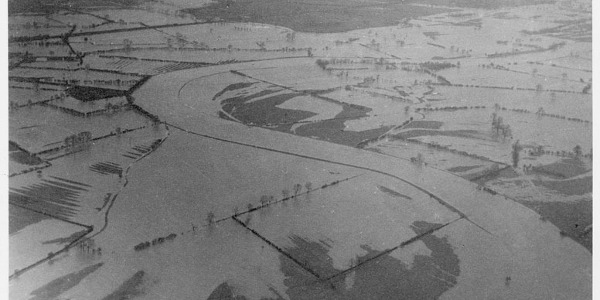
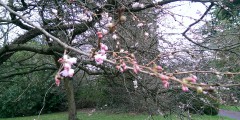

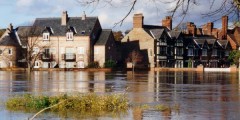

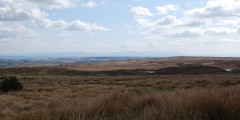
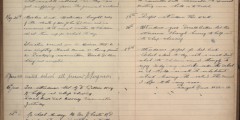
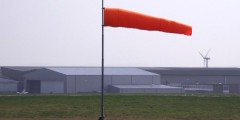
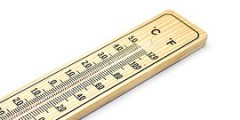
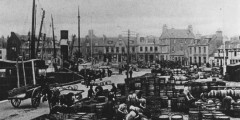
Recent Comments